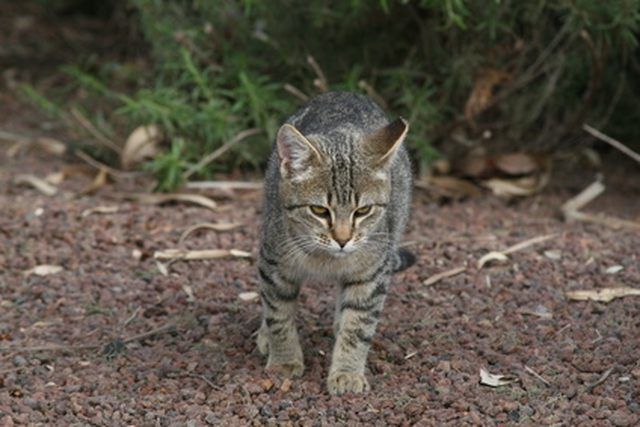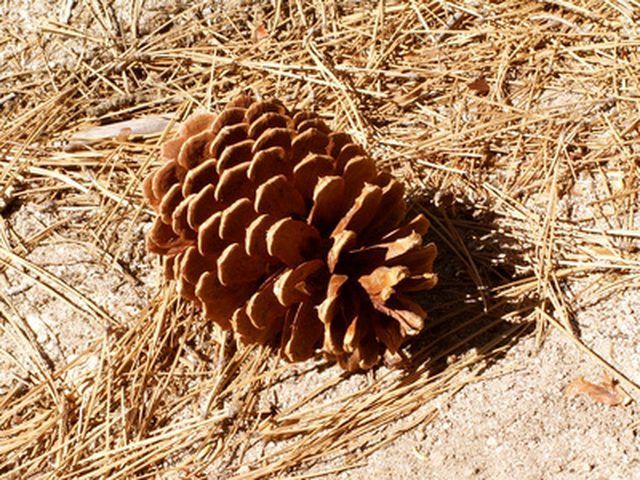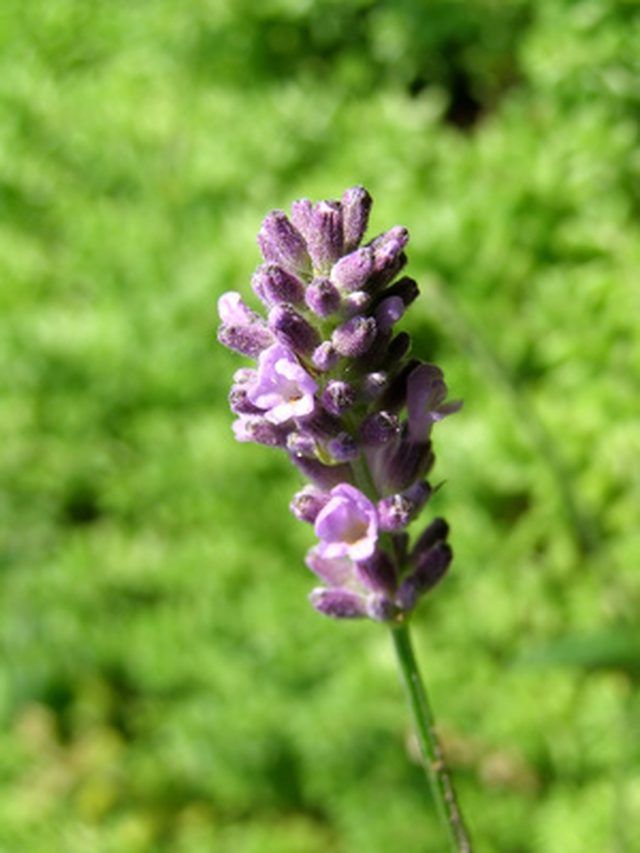Bulbs
Flower Basics
Flower Beds & Specialty Gardens
Flower Garden
Garden Furniture
Garden Gnomes
Garden Seeds
Garden Sheds
Garden Statues
Garden Tools & Supplies
Gardening Basics
Green & Organic
Groundcovers & Vines
Growing Annuals
Growing Basil
Growing Beans
Growing Berries
Growing Blueberries
Growing Cactus
Growing Corn
Growing Cotton
Growing Edibles
Growing Flowers
Growing Garlic
Growing Grapes
Growing Grass
Growing Herbs
Growing Jasmine
Growing Mint
Growing Mushrooms
Orchids
Growing Peanuts
Growing Perennials
Growing Plants
Growing Rosemary
Growing Roses
Growing Strawberries
Growing Sunflowers
Growing Thyme
Growing Tomatoes
Growing Tulips
Growing Vegetables
Herb Basics
Herb Garden
Indoor Growing
Landscaping Basics
Landscaping Patios
Landscaping Plants
Landscaping Shrubs
Landscaping Trees
Landscaping Walks & Pathways
Lawn Basics
Lawn Maintenance
Lawn Mowers
Lawn Ornaments
Lawn Planting
Lawn Tools
Outdoor Growing
Overall Landscape Planning
Pests, Weeds & Problems
Plant Basics
Rock Garden
Rose Garden
Shrubs
Soil
Specialty Gardens
Trees
Vegetable Garden
Yard Maintenance
How to Look for a Cat Repellent to Discourage Them in My Garden
How to Look for a Cat Repellent to Discourage Them in My Garden. A common concern among gardeners involves keeping pests out of their garden space. While for millions of pet owners cats are a cherished member of the family, for a gardener the neighborhood cats can be as much as a nuisance as bugs and weeds. According to Jeff Schalau with the...

A common concern among gardeners involves keeping pests out of their garden space. While for millions of pet owners cats are a cherished member of the family, for a gardener the neighborhood cats can be as much as a nuisance as bugs and weeds. According to Jeff Schalau with the University of Arizona Cooperative Extension, cats are territorial mammals that mark their territory with urine and feces. Cat urine and feces both have distinctive odors, and the University of Maryland Medical Center points out that cat excrement is a carrier of the parasite that infects humans with a disease called toxoplasmosis. Fortunately, there are a number of resources and products that discourage cats from using a garden as their latrine.
Things You'll Need
University agricultural extension website
University-associated moderated forums
Local library
Natural repellent spray
Cat deterring surface
Cat repelling plants
Food scraps with citrus odor
Access the website of the nearest university agricultural extension. These organizations publish a wealth of helpful information tailored to the local community.
Read the university extension website to determine the best cat repellent products and techniques for the local area. These may differ, depending on climate and local laws.
Peruse a moderated forum associated with a university for additional tips on finding the best cat repellent. Moderated forums help ensure that forum advice is relevant and accurate.
Go to the local library and investigate the available texts on cat behavior. The librarian may be able to recommend a particularly appropriate selection.
Obtain several recommended repellent products in the listed categories. Multiple layers of repellent techniques may be necessary in order to keep all cats away from the garden.
Spread a natural repellent spray such around the perimeters of the garden. Make sure the garden is completely encircled by the repellent.
Set down a cat-repellent surface between the plants and the repellent spray barrier. Pine cones and chicken wire are two surfaces cats generally find especially uncomfortable.

Plant a ring of cat repellent plants such as lavender or rue at the edge of the garden soil. Cats will usually avoid their scents.

Scatter food scraps with a citrus odor in the garden itself. Orange peels, chili powder, or anything soaked in vinegar is recommended.
Tips & Warnings
Cats tend to follow strict routines. Once the habit of using one garden as a litter box is broken, a cat may not return to it again.
Most cats dislike strong citrus smells. Orange peels, vinegar, and chili powder are all recommended by the University of Arizona Cooperative Extension. These substances are organic and can be spread beyond the garden itself for maximum effect.
A system utilizing several repellents combined with a physical barrier such as a fence often provides the best results.
Do not use any substance that contains ammonia near the garden. A cat may think the ammonia scent means another cat has marked that territory and feel the need to further mark the garden itself.